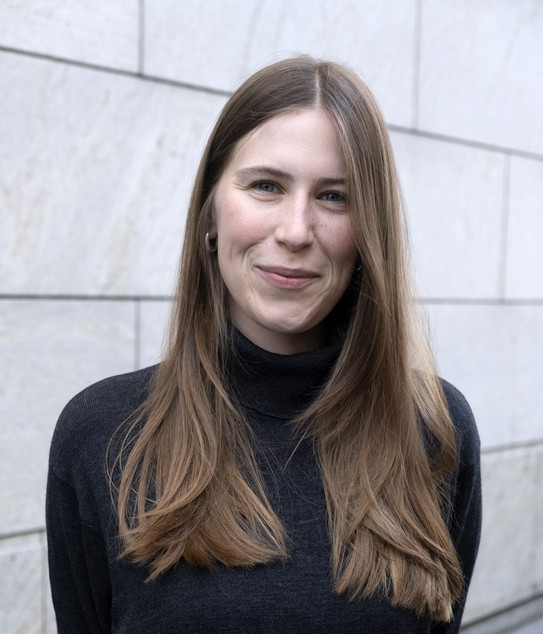Hanna Wilmes studied Educational Science (BA, University of Cologne) and Ageing Societies (MA, TU Dortmund University) and worked as a student/research assistant in various projects in the field of ageing research. Her main research interests are ageing research, gender studies, queer ageing, bi+sexuality, material gerontology and new materialisms.
Her dissertation deals with the (in)visibility of bisexual people in old age. The aim is to look at a socially often invisible but simultaneously growing group in order to understand the mechanisms that position them as such. Parallel theoretical and methodological discourses of ageing research and bisexual studies will be brought together and developed further through a neo-materialist research approach.
Contact: hanna.wilmes@tu-dortmund.de
Neomaterialist perspectives on the (re-)production of inequalities in the life course of older bisexual people
The doctoral project investigates how age(ing) and bisexuality can (re-)produce inequalities in the life course, how they co-constitute themselves in different contexts and the associated opportunities for socially just ageing for bisexual people. In their interplay, age and (bi-)sexuality as categories of difference are often permeated by chrononormative, heteronormative and/or monosexual assumptions and thus not least shape life courses. For example, chrononormative ideas often locate age(ing) and supposedly age-coded practices in a temporal, mostly heteronormative organisational principle, which can often hide non-heteronormative life plans of LGBTIQ* people and misjudge inequality-generating moments in the life course. At the same time, monosexual assumptions mean that bisexuality often remains invisible as a cross-gender desire (bi-erasure). To date, comparatively little is known about the interplay between age(ing) and bisexuality and how the production and intertwining of both categories can be interwoven with the (re-)production of inequalities.
Against this background, the project is dedicated to the question of how and where age(ing) and bisexuality are (ir)relevant and produced or prevented as categories of difference over the life course of older bisexual people. Along neo-materialist, post-humanist and material gerontological approaches, the project examines how age(ing) and bisexuality are characterised as relational structures (assemblages) of situation-specific processes of constitution and demarcation. In doing so, the diverse human and more-than-human actors (e.g., bodies, spaces, materialities, institutions and the discourses attached to them) that are involved in this production will be analysed. Taking neo-materialist methodological considerations into account, two qualitative data collection methods are combined using guided interviews with autobiographical-narrative elements (Schütze 1983) and photo-elicitation interviews (Clark-Ibañez 2004), which are analysed using Clarke's (2013) situation analysis.





